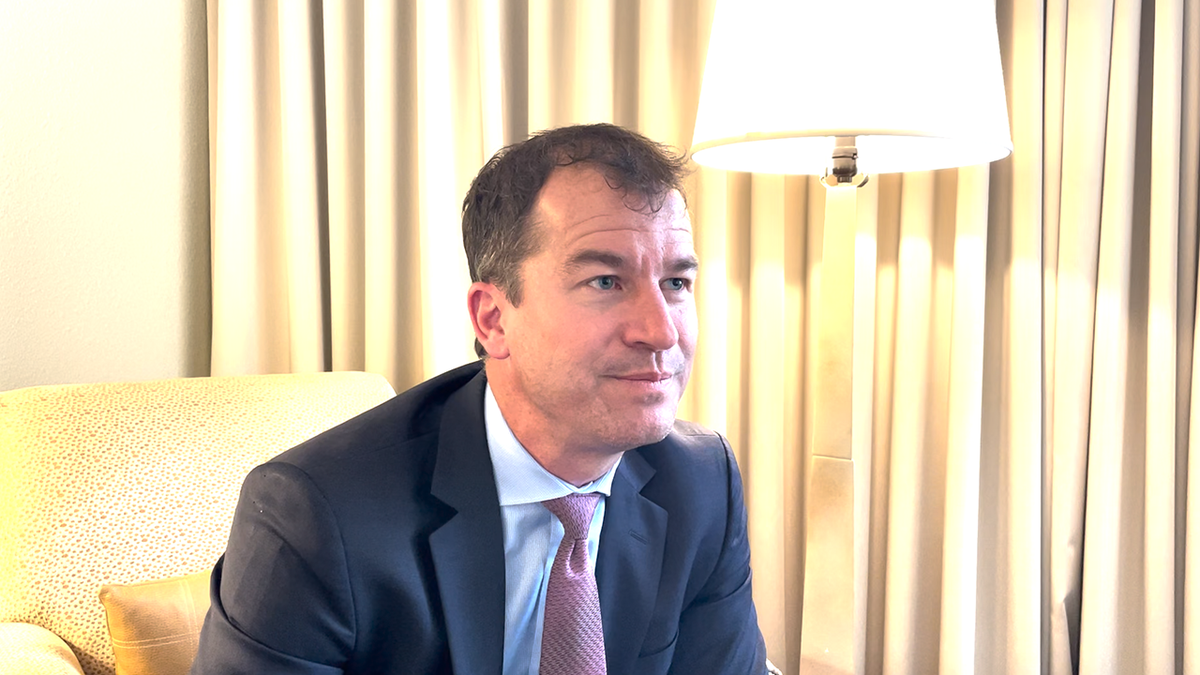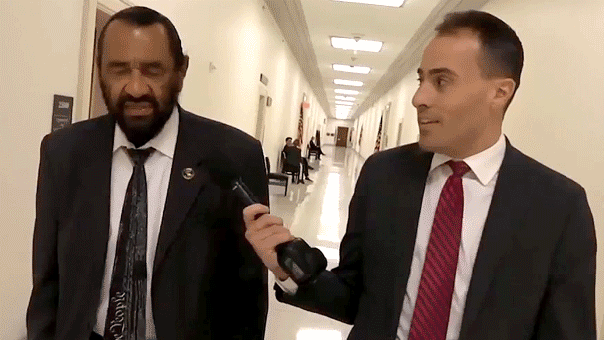AstraZeneca exec on the future of cancer in the year 2040
AstraZeneca's Dave Fredrickson discusses how the COVID-19 pandemic helped to bolster early cancer diagnosis from lung scans.
AstraZeneca is pushing forward with implementing artificial intelligence (AI) in early cancer diagnosis and drug treatment plans with the hope of significantly reducing mortality rates over the next two decades.
David Fredrickson, the Executive Vice-President of the company's Oncology Business Unit, recently expressed his hope for the future of oncological work at the Milken Institute Global Conference, detailing what he expects cancer outlooks might look like in the year 2040.
Speaking with Fox News Digital, Fredrickson said he expects blood-based screening to allow healthcare providers to identify cancer as early as possible and with the greatest potential for finding a cure. The rapid acceleration of AI technology could also help to pair a medicine or a combination of medicines with a specific signature that a patient has for why their cancer is growing inside them.

Smoking, Alcohol, and high body mass index are the three major preventable risk factors attributable to global cancers, according to a new study. (iStock)
Additionally, therapies could be better cultivated to harness the immune system and "directly target and kill" cancer. All these tools, according to Fredrickson, should allow researchers and oncologists to think about the quantification of cancer care and survivorship as opposed to mortality rates.
"I think all of this is absolutely within our grasp, and I'm incredibly excited and optimistic about the opportunity that sits in front of us," Fredrickson said. "And obviously there's challenges that we're going to have to tackle. But at AstraZeneca, we're really investing in the science, technology and data that we think can make that vision for 2040 become a reality."
In January, it was announced that Clinithink and AstraZeneca Oncology UK were coordinating a new project that utilizes AI to identify patients with early-stage lung cancer and thus receive the best early treatment for greater patient outcomes.
Just last week, executive directors at AstraZeneca penned a piece focusing on how their Oncology Data Science team is leveraging state-of-the-art ML techniques to construct models for drug development efforts and greater efficiency in clinical trials. In one example, the team discussed how they are trying to integrate millions of data points to produce novel target and disease insight. The team is also creating models to identify various drug response biomarkers in patients.'
REVOLUTIONIZING BREAST CANCER DETECTION: THE POWER OF AI

AstraZeneca Oncology Business Executive Vice-President David Fredrickson said blood-based screenings, AI-assisted drug treatment plans and early diagnosis are 'within our grasp' for the 2040 vision. (Fox News Digital )
Many hospitals and pharmaceutical companies are deploying and leveraging AI in computational pathology to sift through large swathes of scans to diagnose cancers at earlier stages better.
"One of the things that we saw during COVID was an influx in scans and X-rays of lungs that were associated with really just COVID diagnoses," Fredrickson said. "What we were able to do with a lot of countries around the globe is then use AI to examine those same scans to be able to conduct lung cancer screenings. And there was a huge interest and willingness from countries across the globe to be able to do that."
Fredrickson also noted that AI has helped pathologists read digitized slides and produce results that the human eye alone could not. As a result, patients can have greater confidence in the tailored precision medicines targeting their cancer. Fredrickson said these applications have produced interest worldwide in democratizing the ability to bring forth better precision care and better early screening to places that have previously remained unreachable.

Digital mobile tablet with digital icon hologram and medical graphic diagram on screen with patient in hospital. (iStock)
However, to produce these results, Fredrickson said it is important to expand access to care by developing new technologies and stressing the importance of investment in health. AstraZeneca, Fredrickson added, is currently speaking with counties and health ministers about the importance of seeing investment in national cancer care plans as an investment in the country's health, which translates to a healthy economy.
"I think that the more that we can transform a conversation from health care as a cost to health care, as an investment, I think that we will find that actually the return on those investments is outstanding. And again, this gets back to early diagnosis, making sure that we deliver the right treatment plans, making sure that we're able to actually deliver high-quality safe treatments," Fredrickson said. "These are the things that are going to make a difference on ensuring we have a healthy society. And we certainly know that a healthy society results in a healthy and thriving economy."
"From our standpoint, it's really clear that the investments that we want to continue to make in this is growing as our ambition truly is to eliminate cancer as a cause of death," he added.











































